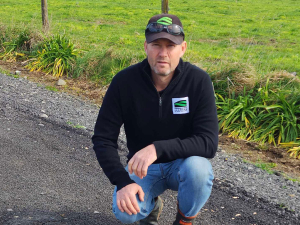OPINION: New data out last month shows why farmers want the broken Resource Management System fixed, quickly.
Councils are processing fewer new resource consents, doing so more slowly than ever, while at the same time employing a record-high number of staff to do it. That’s according to the Ministry for the Environment’s National Monitoring System data report for 2022-23.
During the 12 months, the proportion of new resource consents being notified remained below 2.5%. At the same time, the median processing time for new resource consents increased from 46 working days to 57 working days and councils employed their highest number of full-time equivalent staff for resource management. A total of 2262 staff were employed across all of New Zealand’s councils, nearly 400 more than the 1891 staff employed in 2020-21.
According to Federated Farmers, all the key trends continue to go in the wrong direction and shows just how badly the current resource management system is serving New Zealanders.
Feds spokesperson for RMA reform, Mark Hooper points out that numbers don’t lie.
“We have a problem with the RMA, and it needs urgent attention,” Hooper says.
Farmers are rightly urging the Government not to take the foot off the gas when it comes to RMA reforms. The Government agrees that the current process for making or amending national direction is unnecessarily onerous, costly, and takes too long. A lot of on-farm projects get caught up in lengthy and expensive litigation.
Resource consents should be limited to those activities that are truly unique. Everyday farm activities can be managed more efficiently through farm plans, farmers say.
As Federated Farmers says, the country needs a new resource management framework to drastically reduce the number of resource consents Kiwis are subject to. Replacing the RMA is the most meaningful long-term economic reform this Government can deliver for farmers.











